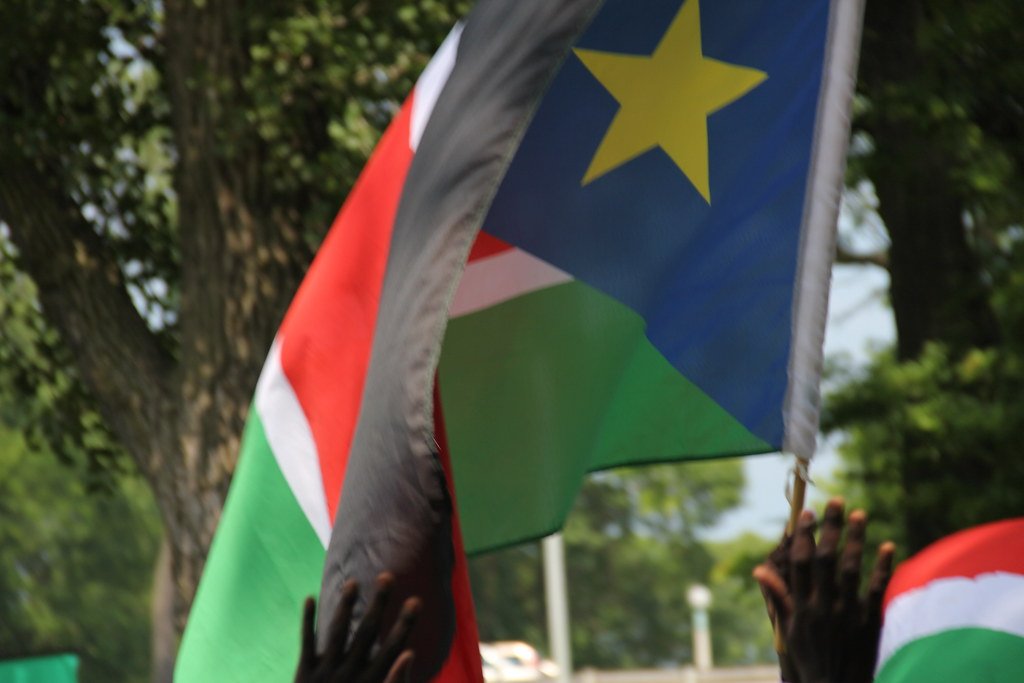
Our Blog
Categories
- Africa
- African Union
- Central Africa
- Citizenship laws
- Competion Law
- Constitutional Court
- Constitutional Law
- Constitutional law
- Disability Rights
- Disability rights
- East Africa
- Environmental Law
- Gender Equality
- Governance
- Human Rights
- Immigration Laws
- International Law
- Kenya
- Labour Law
- Mining Law
- Nigeria
- North Africa
- Political Rights
- Public International Law
- Public Law
- Right to Vote
- SADC Region
- South Africa
- Southern Africa
- Uganda
- West Africa
- Year end anthology
- Zambia
The Diminishing Returns of Never Again
In this post, Arthur van Coller highlights the critical need to focus on preventing genocide rather than merely responding to its aftermath. He explores key indicators that signal the potential onset of genocidal violence, including acts of incitement and hate speech that may escalate tensions. van Coller also highlights the valuable role of the International Criminal Tribunal for Rwanda in establishing legal precedents for recognising and addressing these warning signs.
Redefining Criminal Defamation Laws in South Sudan: Lessons from Konaté v. Burkina Faso
In this post, Mayen Mangok Ruop advocates for the urgent reform of South Sudan’s criminal defamation laws, which are frequently used to suppress journalists and hinder press freedom. Drawing on the African Court on Human and Peoples' Rights’ landmark decision in Konaté v. Burkina Faso, Ruop argues that defamation should be decriminalized and replaced with civil remedies that strike a balance between protecting individual reputations and upholding a free and independent press.
Intellectual Disability Should Not Bar Kenyan Citizens from Casting the Ballot
This week’s article addresses the exclusion of individuals with intellectual disabilities from voting in Kenya due to cultural biases, legal conflicts, and insufficiency. William Aseka advocates for legal amendments to reconcile conflicting constitutional articles and the introduction of supported decision-making. This would in turn enable intellectually disabled individuals to exercise their right to vote, aligning Kenya with international standards. He concluded by observing that ensuring voting rights for all, including those with intellectual disabilities, is essential for true democratic representation and inclusivity.
Unlocking the Irreversibly Closed Gaol Gates: Kenyan Court Declares Life Imprisonment Unconstitutional
Last month, the Kenyan Court of Appeal ruled that life imprisonment sentence violates fundamental constitutional rights. Joshua Nyawa explores the Court's reasoning and the decision’s far-reaching implications for Kenyan jurisprudence.
Sudan at war: A litmus test for the African Union’s aspiration for “a peaceful and secure Africa”
In this article, Dr. Linda Mushoriwa focuses on the current conflict in Sudan. She examines whether given Aspiration 4 of Agenda 2063, the African Union’s quest for peace and security is feasible. She analysis Article 4 (h) of the Constitutive Act of the African Union, which empowers the AU to intervene in Sudan’s conflict. She also notes that the AU can within their mandate deploy peacekeeping forces to silence the guns in Sudan. In that way, it can achieve its desire to promote peace, security, and stability in Africa.
Questions of Inclusivity in South Sudan’s 2024 Elections: Gender and Ethnic Dilemmas
In 2024, South Sudan will hold elections for the very first time since attaining independence in 2011. Dr. Joseph Geng Akech and Cedonia Victor Legge discuss the challenges of inclusivity in the upcoming elections, amidst various crises such as economic collapse, political instability, and a catastrophic humanitarian situation. The article emphasises the importance of ensuring ethnic and gender inclusivity for legitimate outcomes of the elections.
Uganda’s Anti-Homosexuality Bill and the Demise of the Rule of Law
Recently, the Parliament of Uganda passed the Anti-Homosexuality Bill (AHB) with the objective of establishing, amongst other things, “comprehensive and enhanced legislation to protect the traditional family by strengthening the nation’s capacity to deal with emerging internal and external threats to the traditional heterosexual family.” In this article, Dr. Sylvie Namwase argues that the continued cycle of human rights violations in Uganda falls within the broader context of authoritarian control, and will soon affect other minority groups.
Will Asylum-seekers and Refugees in Rwanda be Mistreated?Lessons from Rwandan Law, Policy, and Practice Today
Last year the United Kingdom engaged in talks with Rwanda over the two nations’ migration and economic development partnership ( Rwanda asylum plan ). In this article, Dr. D’orsi gives an overview of Rwanda’s position concerning the UK’s plan to deport some asylum seekers to its country. In addition, he assesses Rwanda’s asylum system to determine how safe it is for asylum seekers.
Revitalizing the Right to Abortion in Kenya: A commentary on PAK v. AG
On 24 March 2022, the Kenya High Court delivered a momentous ruling on the right to abortion in PAK & another v Attorney General & 3 others . The decision sets a tempo in safeguarding women’s rights not only in Kenya but across the world.
The Failed Attempt to Expand the Criminalisation of Consensual Same-sex Relations in Uganda
An analysis of the Ugandan Parliament’s latest attempt to further criminalise consensual same-sex relations reveals the shortfalls of the Sexual Offences Bill, 2019.
Court in the Crossfire
Former Chief Justice Willy Mutunga writes about the role of an independent judiciary as the custodian of constitutional democracy in Kenya.
- Africa
- BBI judgment
- Children's rights
- Climate Change
- Constitutional Law
- Constitutional reform
- Democracy
- Election series
- Elections
- Environmental Justice
- Equality
- Human Rights
- International Law
- Judicial independence
- Kenya
- LGBTQ+ Rights
- Migrants
- Migration
- Namibia
- Nigeria
- Political Rights
- Public participation
- Refugee and migration series
- Refugees
- South Africa
- South African Constitution
- Women in Africa
- Women's Month
- Women's rights
- World Congress
Submissions
We welcome unsolicited submissions covering current legal developments in constitutional law, fundamental rights law, public law, international law and related fields.












